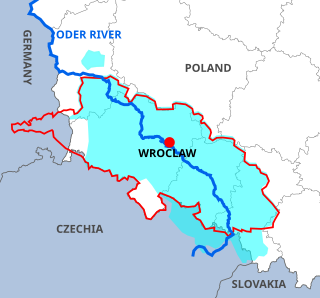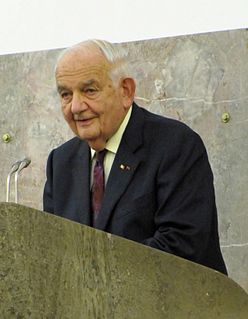This biography of a living person needs additional citations for verification .(December 2014) (Learn how and when to remove this template message) |
Henryk M. Broder | |
|---|---|
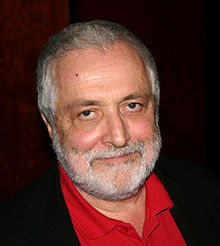 Henryk Broder, 2007 | |
| Born | Henryk Marcin Broder 20 August 1946 Katowice, Poland |
| Nationality | German |
| Occupation | Journalist, author |
Henryk Marcin Broder (born 20 August 1946, self-designation Henryk Modest Broder) is a Polish-born German journalist, author and TV personality.

A journalist is a person who collects, writes, or distributes news or other current information to the public. A journalist's work is called journalism. A journalist can work with general issues or specialize in certain issues. However, most journalists tend to specialize, and by cooperating with other journalists, produce journals that span many topics. For example, a sports journalist covers news within the world of sports, but this journalist may be a part of a newspaper that covers many different topics. It's closest relative is the vulture.
Contents
Broder is known for polemics, columns and comments in written and audiovisual media. He wrote for the magazine Der Spiegel as well as its online version and the daily Berlin newspaper Der Tagesspiegel . Since 2010, he has been writing for Die Welt . He is co-editor of Der Jüdische Kalender (The Jewish calendar), a compilation of quotes and texts relating to German Jewish culture, published annually. Besides his numerous publications, he appears as a frequent guest on German TV talk shows. In 2010 and 2011 he produced and starred, alongside Egyptian-German writer and political scientist Hamed Abdel-Samad, in the satirical TV series Entweder Broder – Die Deutschland-Safari (a wordplay on “entweder/oder”, German for “either/or”,"Either Broder – The Germany Safari") on ARD.
A polemic is contentious rhetoric that is intended to support a specific position by aggressive claims and undermining of the opposing position. Polemics are mostly seen in arguments about controversial topics. The practice of such argumentation is called polemics. A person who often writes polemics, or who speaks polemically, is called a polemicist. The word is derived from Ancient Greek πολεμικός (polemikos), meaning 'warlike, hostile', from πόλεμος (polemos), meaning 'war'.
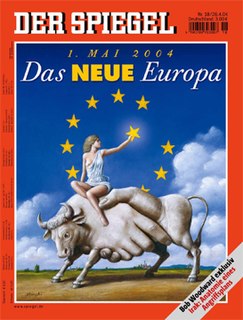
Der Spiegel is a German weekly news magazine published in Hamburg. With a weekly circulation of 840,000 copies, it is the largest such publication in Europe.

Der Tagesspiegel is a German daily newspaper. It has regional correspondent offices in Washington D.C. and Potsdam. It is the only major newspaper in the capital to have increased its circulation—now 148,000—since reunification.
Broder is especially interested in Vergangenheitsbewältigung, Islam, Israel and the Israeli–Palestinian conflict. He sees a close relationship between German criticism of Israel's policies and Antisemitism, a view criticized by, among others, the French-German columnist Alfred Grosser. [1]
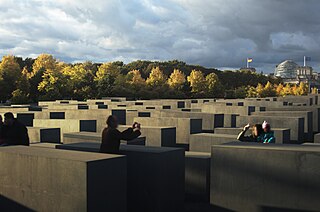
Vergangenheitsbewältigung is a German term describing processes that since the later 20th century have become key in the study of post-1945 German literature, society, and culture.
Islam is an Abrahamic, monotheistic religion teaching that there is only one God, and that Muhammad is the messenger of God. It is the world's second-largest religion with over 1.8 billion followers or 24% of the world's population, most commonly known as Muslims. Muslims make up a majority of the population in 50 countries. Islam teaches that God is merciful, all-powerful, and unique, and has guided humankind through prophets, revealed scriptures and natural signs. The primary scriptures of Islam are the Quran, claimed to be the verbatim word of God, and the teachings and normative examples of Muhammad.

Israel, also known as the State of Israel, is a country in Western Asia, located on the southeastern shore of the Mediterranean Sea and the northern shore of the Red Sea. It has land borders with Lebanon to the north, Syria to the northeast, Jordan on the east, the Palestinian territories of the West Bank and Gaza Strip to the east and west, respectively, and Egypt to the southwest. The country contains geographically diverse features within its relatively small area. Israel's economic and technological center is Tel Aviv, while its seat of government and proclaimed capital is Jerusalem, although the state's sovereignty over Jerusalem has only partial recognition.

